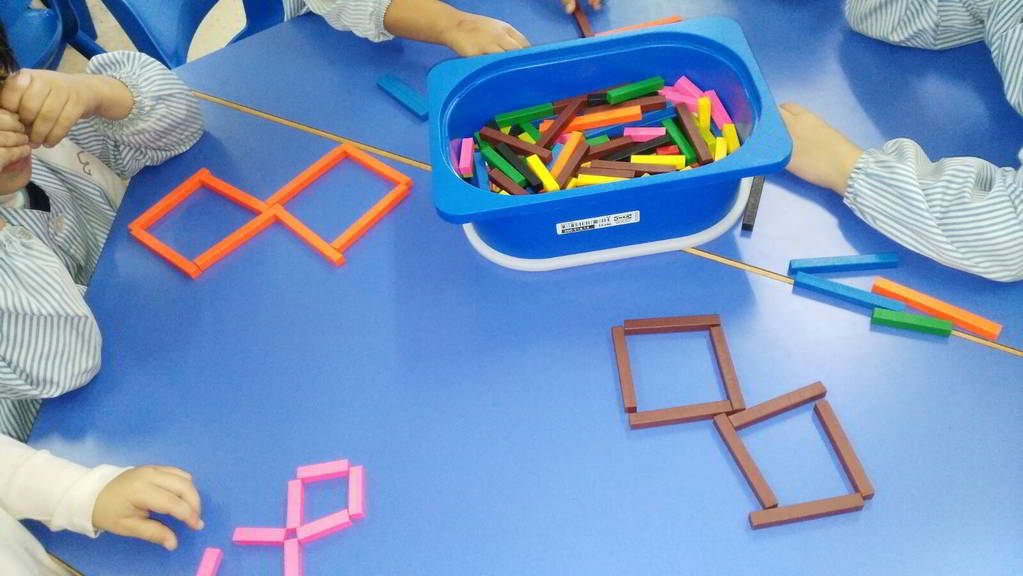Maths Project
Building up the mathematical reasoning process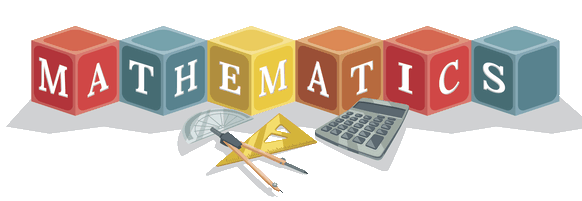
Maths usually harvest the worst school results, they deliver the lowest academic performance levels in international assessment processes, and they are also the target of the most negative attitudes towards learning. Its teaching, far from the actual needs of the students, is an unnatural process for them. Many individuals opt for one career and not others if they can run away from Maths by choosing one over the other instead of choosing the one that they really like; this is so, because they still see Maths as a source of pain and frustration.
Where does this problem begin? What is the fountainhead of such devastating effects? Maybe the problem is the way calculations are dealt with at school…
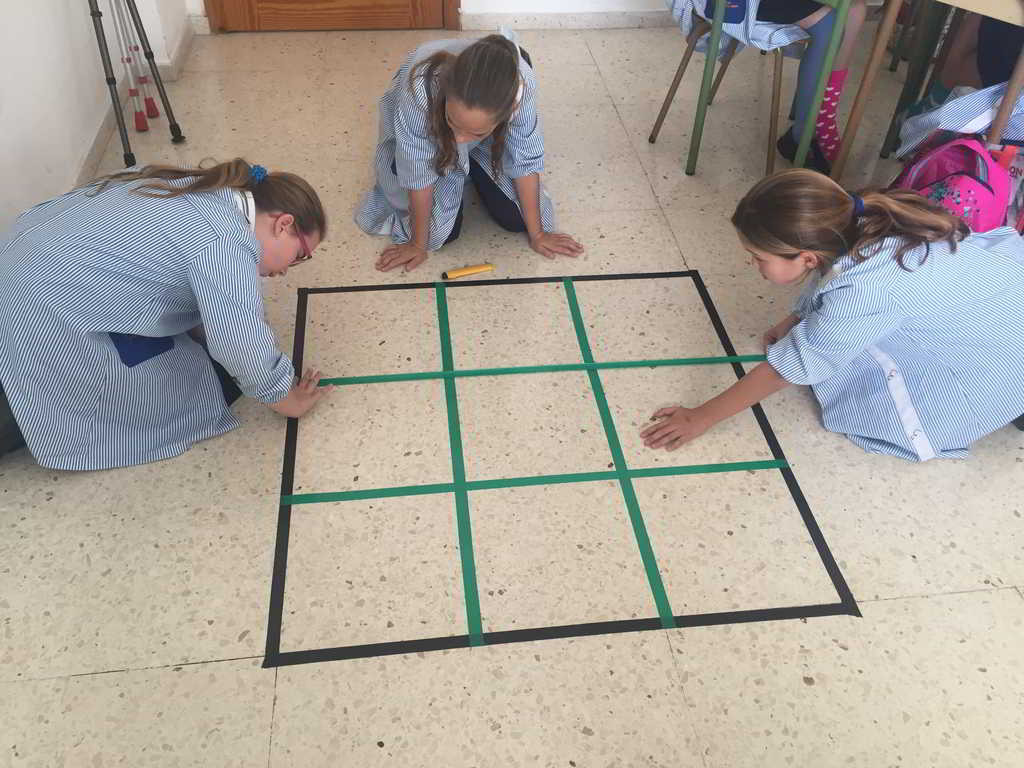
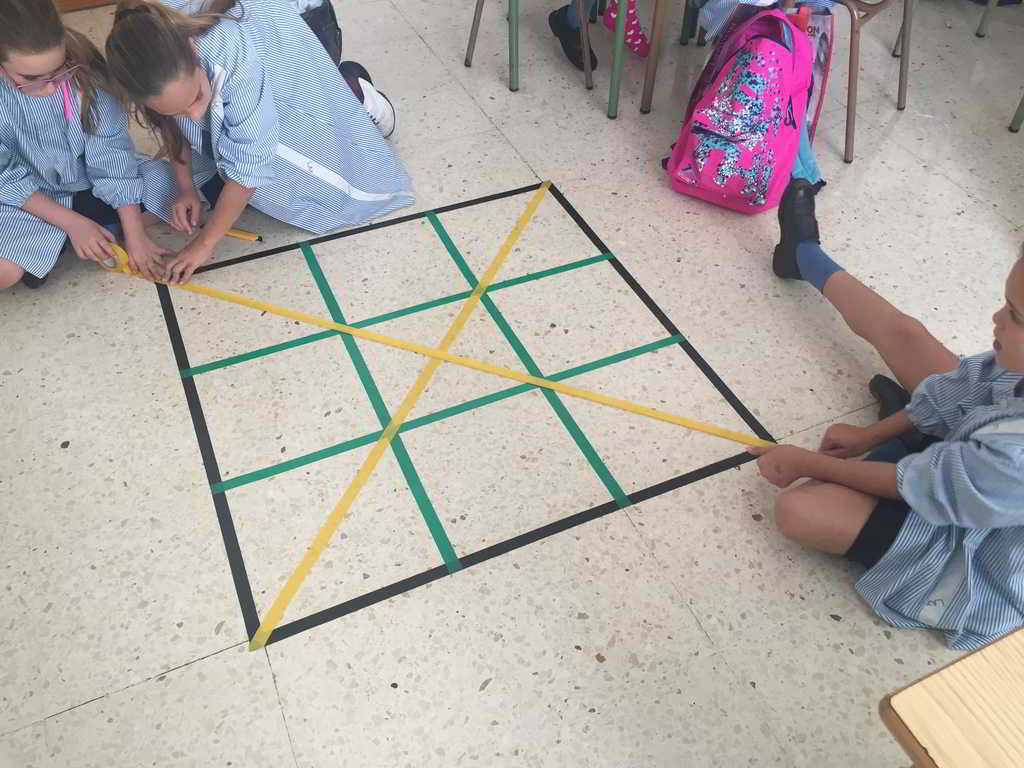
One of the problems is that teachers do not teach students how to calculate, but how to do numbers. This means that they are not naturally taught to calculate in the way that the need to in real life, but they learn instructions by heart to do numbers.
This is the reason why so many students fail to comprehend Maths, it remains an unapproachable subject; however, following a different teaching methodology would have highly positive effects and students would be willing and ready to learn Maths.
The formats used to learn basic maths operations are really unsuitable for the acquisition of the mathematical competence, for their only purpose is to increase the students’ maths database. They demand an inflexible way of calculating, there is no sense of control over the intermediate calculations and there exists an utter contempt for the sense of numbers. In order for a student to be good at calculating, he only needs to have a good memory, he does not have to think, reflect, contrast or work anything out. The only thing they have to do is repeat over and over again, no matter how smart or proficient the student it.
The current teaching methodology of calculation pollutes other processes and lays them to waste. In this sense, it is impossible to renew maths teaching processes or raising it up from the ground until mathematical operations are taught in a refreshed and natural way.
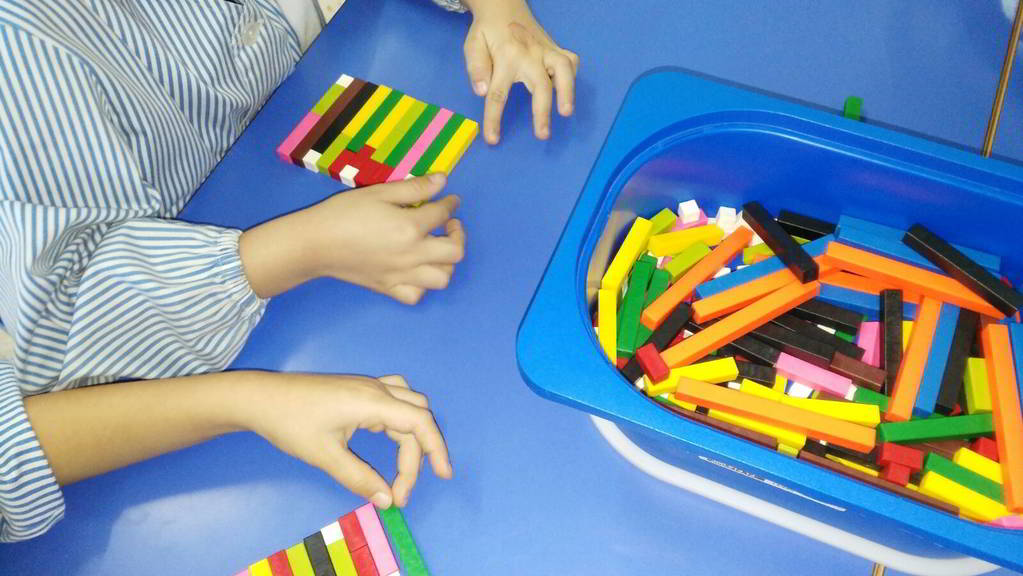
Adults stopped doing numbers many years ago, we certainly do calculation, but not numbers. We usually do maths mentally and make estimates by approximation. When we need an exact number, we use a calculator, as a matter of fact, we would not trust the result of a calculation done on a piece of paper in pencil, one would certainly feel the need to check the result. Anyone would feel baffled if they were given the fees of a loan or the terms of a mortgage on a piece of paper written in pencil. This is the terrible truth: nobody does numbers anymore, and teachers keep wasting hours and hours teaching students how to do numbers even though they will never get to put them to use. That’s how things are nowadays.
